Online course detail
Curriculum
Topics to be covered
- Software Development approach that has evolved from TDD
- Advantages and Disadvantages of using BDD
- One of the tools to support Behavior Driven Development (BDD)
- Advantages of Cucumber
- Gherkin language
Cucumber is an open-source software testing tool that enables the candidate to write test cases that are easily understandable without any technical knowledge. It’s a powerful BDD tool, and in Introduction to Cucumber, you will discover its features, syntax, advantages, etc. Also, you will learn how Cucumber is used to execute automated acceptance tests written in Gherkin (a domain-specific language for behavior description) language.
- Introduction
- Writing your first Feature file with one scenario
- Create a Scenario with different steps
- Create a Scenario using keywords( Given, When Then, And, But)
- Writing a Feature file with multiple scenarios
- Adding Background to feature file
- Implementing scenario outline
- Combining Scenarios, Backgrounds, and Scenario Outlines
Setup Cucumber with Eclipse will provide insight into setting up Cucumber with Eclipse, which is a popular integrated development environment (IDE). You will understand the system’s behaviour and, using the Given When Then approach, will write the test cases.
Writing Feature files
- Introduction
- Creating your first Step Definition file with one scenario
- Using Regular Expressions to optimize Step Definitions
- Transforming Data Tables to parse the test data
Step definitions in Cucumber is a method with an expression linking it to one or more Gherkin steps. Or, in simple words, define it as a small code with a pattern attached to it. So, the code is followed by a pattern (Step Definition) and is then executed by Cucumber using the Gherkin step. Further, the module will also introduce you to using regular expressions, transforming data tables, etc.
- Introduction
- Integrating cucumber with JUnit
- Creating Test Runner file
After creating tests and executing the code, it’s time to run Cucumber. In this module, you will learn various ways to run Cucumber, including running some tags, scenarios, files, etc.
Glue
Running Strict and Running Dry
Format
Feature
In Cucumber, tags are used to associate a test, like regression, smoke, etc., with a specific scenario. Tags are used to fulfil some purpose. Like if we have multiple scenarios in a feature film, we use tags to keep them in one group. This module will help you learn how to assign & filter scenarios using tags, enable selective test execution, as well as organizing test scenarios.
Understand the concept of Hooks in cucumber in this module. Hooks are blocks of code that run before or after each scenario in Cucumber. Using some defined methods, you will learn to define Hooks anywhere in your project or Step-definition layers. With hooks, you will learn to manage the code workflow better and reduce code redundancy.
Cucumber supports 2 hooks, @Before and @After, so you will learn the difference between them and how to use them when required. A glimpse here - Before hook gets executed before any other test scenario, and After the hook is executed after executing the scenario.
- Building a Web Automation Framework
The cucumber framework is built to execute automated acceptance tests written in the Gherkin Language. Gherkin is a domain-specific language used for behaviour descriptions and is business readable.
In this module, you will learn how to use two important files in the Cucumber framework - Feature File (Contains code written in Gherkin) & Step Definition File (Contains the actual code written by the developer).
Here, you will again learn the advanced level of BDD that will help you build the test framework, and you will again learn to use the Given When Then approach for writing test cases.
This module will provide a lesson for best practices on structuring your test automation project, organizing reusable components for efficient test maintenance, and managing dependencies.
This module will give you an insight or detailed explanation about why you need Cucumber Jenkins Integration and how Cucumber acts as a bridge between these 3:
Manual Tester and Developers.
Software Engineer and Business Analyst.
Manual Tester and Automation Tester.
And as Jenkins is an open-source, easy-to-use, accessible CI/CD tool, with Cucumber Jenkins Integration, you will learn how to schedule a run on scheduled time, or trigger builds after an event. First, you will learn how to make use of Jenkins plugins that work together with Cucumber formatting outputs. Later you will learn to run the Cucumber script with Jenkins.
Course Description
Cucumber is considered as one of the most powerful tools to upgrade in your skills set. Since Test Automation is growing rapidly in IT Industry & the need of development experience and tool’s knowledge is enormous to stay in testing profession. In this module, you will learn BDD, TDD, Cucumber with Junit, Build Web Automation Framework, Perform Cucumber Jenkins Integration
- Understand BDD and TDD
- Create Scenario and Background
- Create Step Definitions
- Integrate Cucumber with Junit
- Create Tags and Hooks in Cucumber
- Build Web Automation Framework
- Perform Cucumber Jenkins Integration
After the completion of Cucumber Certification Training, you will be able to:
We at Gyansetu understand that teaching any course is not difficult but to make someone job-ready is the essential task. That's why we have prepared capstone projects which will drive your learning through real-time industry scenarios and help you clearing interviews.
All the advanced level topics will be covered at Gyansetu in a classroom/online Instructor-led mode with recordings.
No prerequisites. This course is for beginners.
- Our placement team will add Cucumber (BDD framework) skills & projects to your CV and update your profile on Job search engines like Naukri, Indeed, Monster, etc. This will increase your profile visibility in top recruiter search and ultimately increase interview calls by 5x.
- Our faculty offers extended support to students by clearing doubts faced during the interview and preparing them for the upcoming interviews.
- Gyansetu’s Students are currently working in Companies like Sapient, Capgemini, TCS, Sopra, HCL, Birlasoft, Wipro, Accenture, Zomato, Ola Cabs, Oyo Rooms, etc.
Gyansetu is providing complimentary placement service to all students. Gyansetu Placement Team consistently works on industry collaboration and associations which help our students to find their dream job right after the completion of training.
- Gyansetu trainers are well known in Industry; who are highly qualified and currently working in top MNCs.
- We provide interaction with faculty before the course starts.
- Our experts help students in learning Technology from basics, even if you are not good at basic programming skills, don’t worry! We will help you.
- Faculties will help you in preparing project reports & presentations.
- Students will be provided Mentoring sessions by Experts.
Certification
Cucumber Testing Certification
Reviews
Placement

Varun
Placed In:

IBM
Placed On – June 19 , 2019Review:
There is a very good institute, come and make your future here so that you can earn a good price in life.

Rachit
Placed In:

Policy Bazaar
Placed On – December 28 , 2020Review:
Gyansetu have a wide variety of courses for the last advance technologies in reasonable prices.

Sonu
Placed In:

Testovation
Placed On – June 24 , 2017Review:
Vast Course Content, Skilled Instructors and good support from other Team also.
Enroll Now
Structure your learning and get a certificate to prove it.
Cucumber Training Course in Gurgaon | Behavior Driven Development (BDD) Training Features
Frequently Asked Questions
- What type of technical questions are asked in interviews?
- What are their expectations?
- How should you prepare?
We have seen getting a technical interview call is a challenge at times. Most of the time you receive sales job calls/ backend job calls/ BPO job calls. No Worries!! Our Placement team will prepare your CV in such a way that you will have a good number of technical interview calls. We will provide you interview preparation sessions and make you job ready. Our placement team consistently works on industry collaboration and associations which help our students to find their dream job right after the completion of training. Our placement team will update your profile on Job Portals, this increases relevant interview call by 3x
Interview selection depends on your knowledge and learning. As per the past trend, initial 8 interviews is a learning experience of
Our faculty team will constantly support you during interviews. Usually, students get job after appearing in 6-7 interviews.
- What type of technical questions are asked in interviews?
- What are their expectations?
- How should you prepare?
We have seen getting a relevant interview call is not a big challenge in your case. Our placement team consistently works on industry collaboration and associations which help our students to find their dream job right after the completion of training. We help you prepare your CV by adding relevant projects and skills once 80% of the course is completed. Our placement team will update your profile on Job Portals, this increases relevant interview calls by 5x.
Interview selection depends on your knowledge and learning. As per the past trend, initial 5 interviews is a learning experience of
Our faculty team will constantly support you during interviews. Usually, students get job after appearing in 6-7 interviews.
- What type of technical questions are asked in interviews?
- What are their expectations?
- How should you prepare?
We have seen getting a technical interview call is hardly possible. Gyansetu provides internship opportunities to the non-working students so they have some industry exposure before they appear in interviews. Internship experience adds a lot of value to your CV and our placement team will prepare your CV in such a way that you will have a good number of interview calls. We will provide you interview preparation sessions and make you job ready. Our placement team consistently works on industry collaboration and associations which help our students to find their dream job right after the completion of training and we will update your profile on Job Portals, this increases relevant interview call by 3x
Interview selection depends on your knowledge and learning. As per the past trend, initial 8 interviews is a learning experience of
Our faculty team will constantly support you during interviews. Usually, students get job after appearing in 6-7 interviews.
Yes, a one-to-one faculty discussion and demo session will be provided before admission. We understand the importance of trust between you and the trainer. We will be happy if you clear all your queries before you start classes with us.
We understand the importance of every session. Sessions recording will be shared with you and in case of any query, faculty will give you extra time to answer your queries.
Yes, we understand that self-learning is most crucial and for the same we provide students with PPTs, PDFs, class recordings, lab sessions, etc, so that a student can get a good handle of these topics.
We provide an option to retake the course within 3 months from the completion of your course, so that you get more time to learn the concepts and do the best in your interviews.
We believe in the concept that having less students is the best way to pay attention to each student individually and for the same our batch size varies between 5-10 people.
Yes, we have batches available on weekends. We understand many students are in jobs and it's difficult to take time for training on weekdays. Batch timings need to be checked with our counsellors.
Yes, we have batches available on weekdays but in limited time slots. Since most of our trainers are working, so either the batches are available in morning hours or in the evening hours. You need to contact our counsellors to know more on this.
Total duration of the course is 60 hours (30 Hours of live-instructor-led training and 30 hours of self-paced learning).
You don’t need to pay anyone for software installation, our faculties will provide you all the required softwares and will assist you in the complete installation process.
Our faculties will help you in resolving your queries during and after the course.




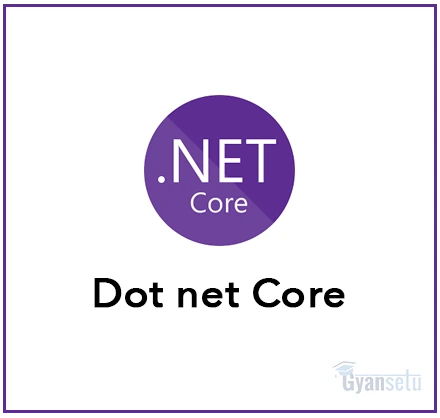
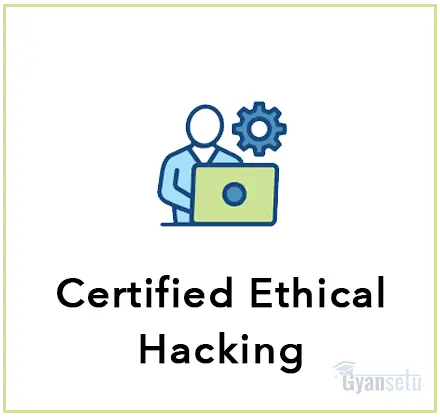

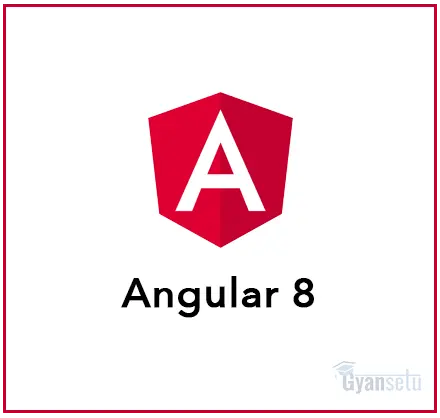
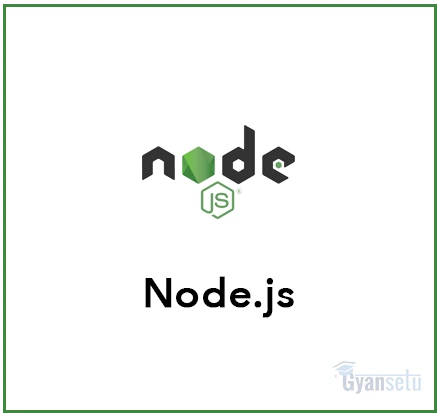
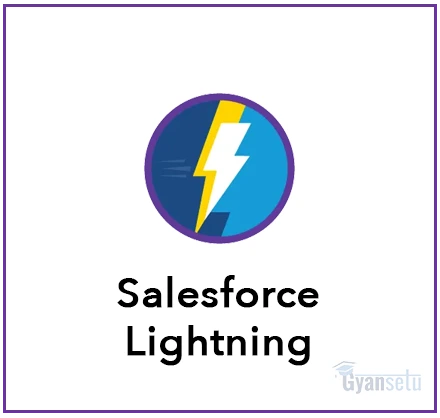

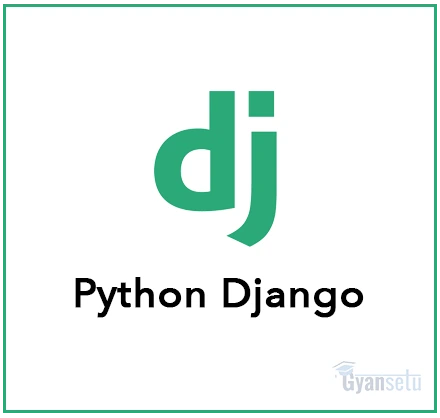
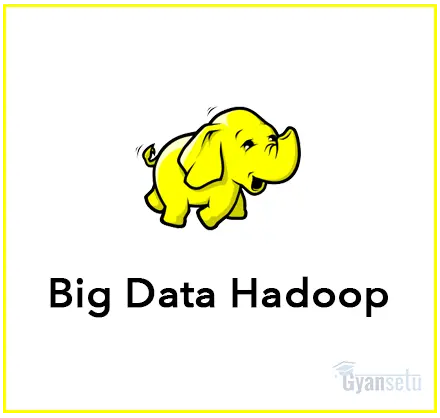
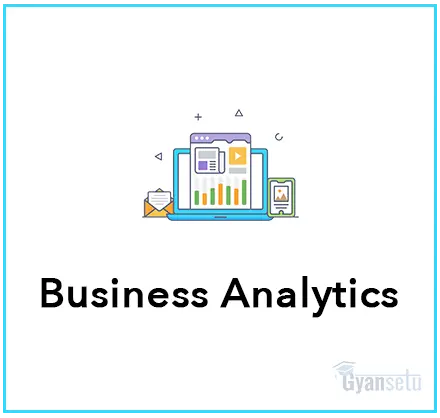

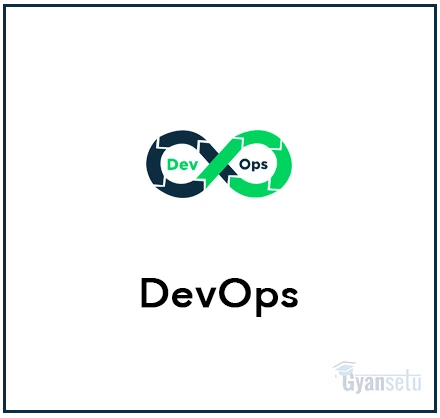
.webp)